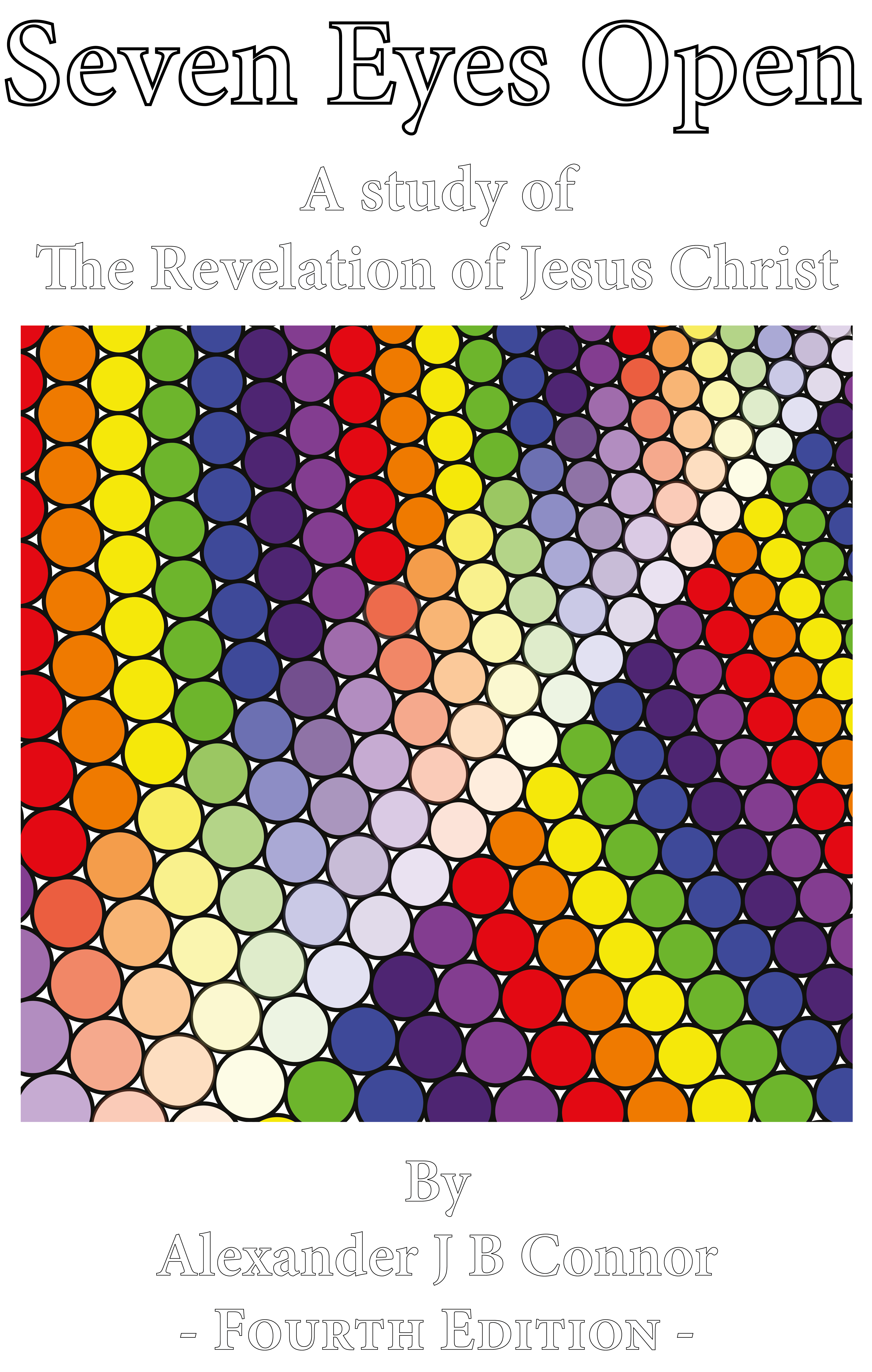Introduction
The construction of a principal ultrafilter to describe the virtue of the Godhead is (as far as I can tell), completely new. There are only a few objections to this that I should address, and the book did no more than to state that divine liberty generated the ultrafilter and that even God may rest - for this is yet positive.
Liberty Generates The Ultrafilter
The book mentions but does not argue that the ultrafilter of virtues is principal and always contains a "least element". This element is stated as liberty and rests rather than acts. It is a fallacy to state someone is at liberty if you demand action. Divine liberty, then, is the ultimate expression of this. God, is not mantra or manhandled into action.
God At Rest - Godel's Incompleteness
God is then at liberty to act or not: but how can I find meaning in this? There is a clear sense that sometimes I expect God not to be free to do anything except for that which would go our own way. Gödel's incompleteness theorems permit some to think they can "thumb their nose" at God, as He appears inconsistent. This is arguable but is itself inconsistent. God, has just as much freedom from the trap of incompleteness as I do.
Necessity - Good and Evil
There are a couple of logical identities which follow easily form any logical necessity. Whether a predicate is necessarily true or false engenders a rather surprising result, a result seemingly paradoxical. Given, then, that God always considers virtues necessarily positive, does this cause the ultrafilter of virtue to logically collapse as inconsistent? I argue quite simply that it does not.
Continue To Next Section
Continue To Next Page
Return To Previous Section |





